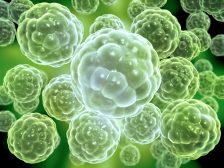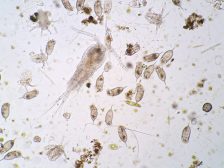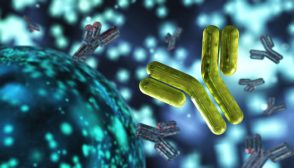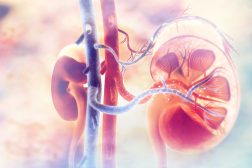Definition
noun
A form of parasitism wherein an animal takes food or objects collected, caught, prepared, or stored by another animal
Supplement
Parasitism is one of the many forms of symbiosis. In parasitism, one organism (called parasite) benefits at the expense of another organism usually of different species (called host). The parasite benefits at the expense of the host organism. A special form of parasitism is called kleptoparasitism. It is a form of parasitism in which an animal steals food or objects collected, caught, prepared, or stored by another animal. The parasite (in this regard, called kleptoparasite) may be from the same species as the victim. In this case, it is described as intraspecific. Or, it may be from a different species, and as such is described as interspecific. An example of an intraspecific kleptoparasitism is the young oystercatchers that take food (mussels) from adult oystercatchers due to the former’s yet inadequate skills to open mussels easily. An interspecific kleptoparasitism is exemplified by gulls stealing food (fish) from diving birds since gulls are unable to dive through the sea floor. Apart from food, kleptoparasites take objects from other animals. For instance, the chinstrap penguins steal rocks and other materials for nest building from members of their colony.
Variant(s):
- cleptoparasitism
See also:







